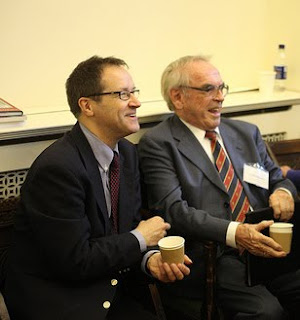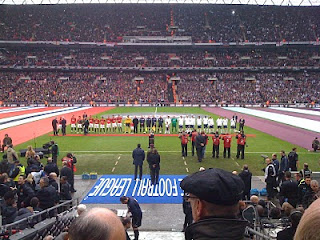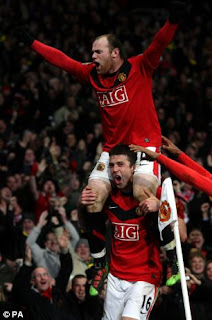Why England lose at Football and win at Cricket
2010 has seen very different fortunes for our sports teams. The England cricket team is on the up, having retained (and surely about to win) the Ashes, the best competition in world cricket. The football team on the other hand had a dreadful World Cup, and if the recent home game against France is anything to go by, have not improved since then. There was a moment at the end of the recent test against Aussies that illustrated the difference between the teams and their approach. Having won the test and retained the Ashes, the entire England team performed the 'Sprinkler' dance in front of the barmy army. The question is: can you imagine the England football team doing that in front of England football fans? Basically, no. And I think there are a number of reasons for that, that perhaps go to the heart of why one team is successful and the other isn't - the cricketers realize that at the end of the day, sport is ultimately a matter of fun. The barmy army are very different f...














